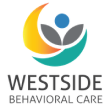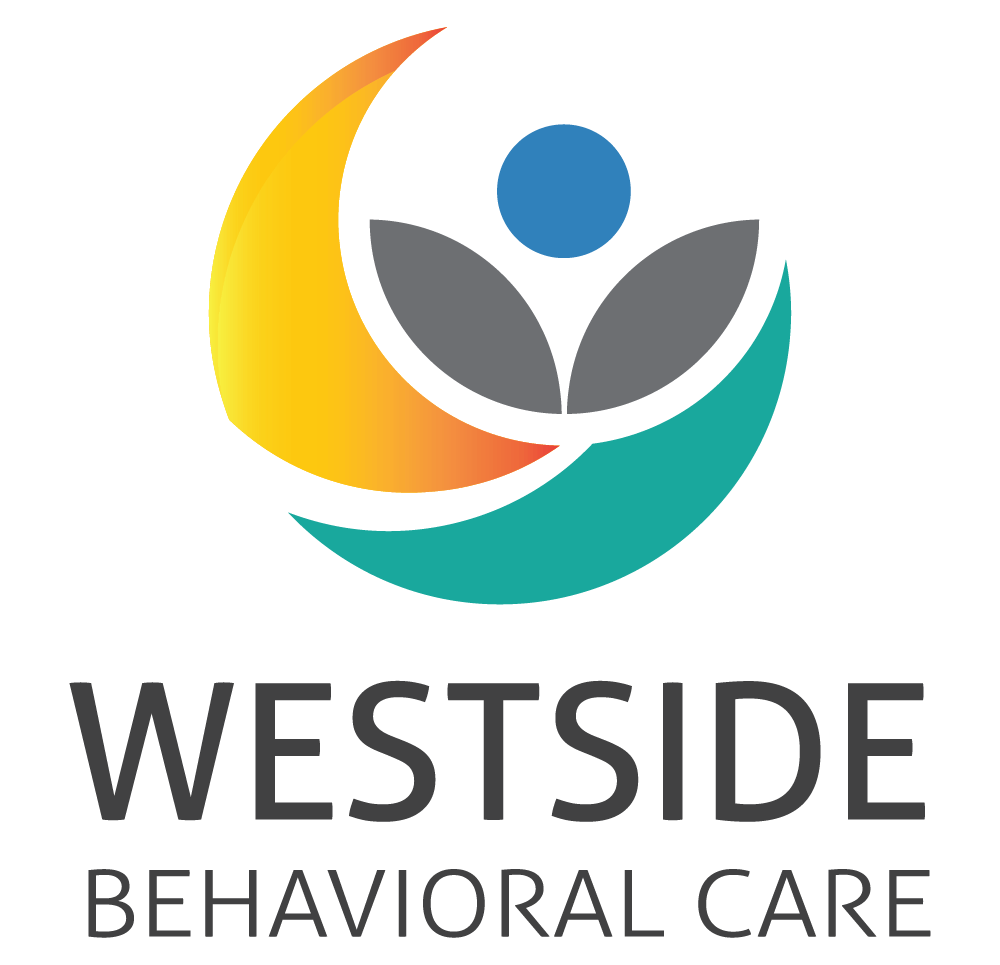According to the National Institute of Mental Health, mental health is an important part of overall health for everyone, including preteens. Many adults who have mental disorders could have shown symptoms during childhood and adolescence that may have gone unrecognized or misdiagnosed.
A licensed therapist or counselor can help preteens and families understand what is going on to effectively address issues that arise and provide the necessary support. Early treatment can help prevent more serious issues from arising in the future. In fact, when some adults reflect back on their adolescence during therapy sessions, they tend to remember symptoms of their then-undiagnosed disorders and how it affected them when they were younger.
Common Reasons and Signs to Take your Child to Counseling
Concerned parents may hear from others that warning signs are “just a stage” or that “the adolescent will grow out of it,” but that is not always the case. There are many reasons parents choose to take their adolescent to therapy. Some of these reasons look similar to those seen in adults. Here are some of the more common reasons and signs that lead parents to begin child counseling:
- Smoking, drinking or are using drugs

- Change in sleep routine- sleeping too much or too little
- Experiencing nightmares regularly
- Struggling at school or academically declining
- Change in appetite- eating too much or too little
- Worries of weight gain- dieting or excessively working out
- Acting violently towards things, other individuals or animals
- Obsessively repeating tasks in fear that something bad will happen if they are not completed
- Thoughts or attempts of hurting themselves or suicide
- Being extremely irritable and easy to anger
- Spending an increased amount of time alone- withdrawing from social activity they used to enjoy
Types of Childhood Therapy
There are various types of therapy that a therapist may choose to move forward with, depending on the adolescent. These offer individualized options to help treat and prevent issues that an adolescent may be showing signs of.
Play therapy
In play therapy, a therapist interacts with the adolescent by interpreting play behavior and communication. The therapist watches the adolescent to better understand their emotional and mental health. Therapists use different types of adolescent’s play to help the child figure out, express and manage their feelings.
Cognitive-behavioral therapy
According to Everyday Health, this is a form of counseling where preteens are taught how their own thoughts can affect their mood and behavior. Preteens are shown how to identify these negative thoughts and patterns and replace them with positive ones.
Psychodynamic psychotherapy
Psychodynamic psychotherapy may differ based on the adolescent’s age. In this type of therapy, therapists listen to the adolescent talk through their issues, with the theory in mind that once the struggles have been spoken out loud, the adolescent’s behavior will improve.
Behavior therapy
This type of therapy is similar to cognitive-behavioral therapy, but differs in that it focuses on modifying behaviors. This type of therapy helps preteens and their parents identify behaviors that need to be discouraged and encouraged to help create a change. According to Everyday Health, parents may be utilized to help alter the environmental factors that may contribute to these behaviors.
Arranging Child Counseling
 A thorough evaluation with a licensed professional can help parents determine whether treatment is necessary and which treatment type may be most effective. An evaluation and therapy treatments can be good avenues to learning more about an adolescent’s strengths and weaknesses.
A thorough evaluation with a licensed professional can help parents determine whether treatment is necessary and which treatment type may be most effective. An evaluation and therapy treatments can be good avenues to learning more about an adolescent’s strengths and weaknesses.
It is easy to find and schedule an appointment with one of our therapists and counselors specialized in child counseling (Children: ages 10-12)


